This week we have added 118,516 new pages to The Archive. We have added one new title, the New Ross Standard, published in County Wexford, and we have additions to five of our existing titles, including one of the oldest continuously published periodicals in the world, Lloyd’s List, and late twentieth century additions to the Lichfield Mercury.
With the help of our recently added titles, we take a look this week at the interrelation between newspapers and the Second Boer War (1899-1902). British public opinion at the time was largely against the conflict, with Lord Selbourne noting: ‘The idea of war with the South African Republic is very distasteful to most people.’
Consequently, it became necessary for public opinion to be moulded to create support for the unpopular conflict. Newspapers were a vital tool in this propaganda process. Concurrent to the Boer conflict, there was a large growth in newspaper readership, resulting partly from the increased literary rates amongst the working class. Newspapers abounded with reports of outrages committed by the Boer army, in order to whip up the righteous indignation of the British public.
This is evidenced within the pages of the Liverpool Echo. One article cites the ‘brutal treatment of women’ by the Boers: ‘Ladies travelling…are subjected to the vilest insults. The Boers spit in their faces, address insulting and obscene remarks to them.’ Another uses inflammatory language such as ‘treacherous Boer,’ contrasting with the ‘gallantry of our gunners,’ in order to paint the Boers in a monstrous light.
Liverpool Echo | 27 December 1901
This is evidenced elsewhere in the media, as shown in the below cartoon from the Illustrated Police News, which casts the Boers as cruel savages beyond the realms of civilised morality.
Illustrated Police News | 14 September 1901
However, our new Irish title this week, the New Ross Standard, offers a completely different view on the Boer conflict. Of course, Ireland was struggling to gain independence from the British Empire at the same time as the Second Boer War was being fought, and so far from depicting the Boers as savages, they are pictured in a heroic light.
In one article, the Boer is described as a ‘natural strategist,’ notable for their ‘skill as a sharpshooter.’ There is sense of the Boer being a natural freedom fighter, something of a romantic figure, in stark contrast to the British soldiers he fights against: ‘Coffee he drinks four times a day, and so hot if ‘thrown on a dog it will take off his hair.’ Tommy Atkins or any other European solider cannot do it.’
Delving into the pages of The Archive, it is possible to illuminate the various propaganda mechanisms used during the course of the Second Boer War, and how these would come to be used on a much larger scale in the coming First World War.
New Titles
Title |
Years Covered |
| New Ross Standard | 1889-1910 |
Updated Titles
This week we have updated one of our recently added titles.
You can learn more about each of the titles we add to every week by clicking on their names. On each paper’s title page, you can read a FREE sample issue, learn more about our current holdings, and our plans for digitisation.
Title |
Years Covered |
| Lloyd’s List | 1898 |
| Dublin Evening Telegraph | 1923 |
| South Wales Daily Post | 1910 |
| Lichfield Mercury | 1967, 1969-1970, 1974-1979, 1981-1982, 1993-1999 |
| Liverpool Echo | 1886, 1888, 1891, 1899-1905 |
Register now and explore the Archive
You can keep up to date with all the latest additions by visiting the recently added page. You can even look ahead to see what we’re going to add tomorrow.




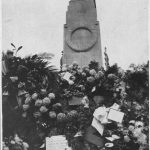
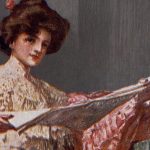
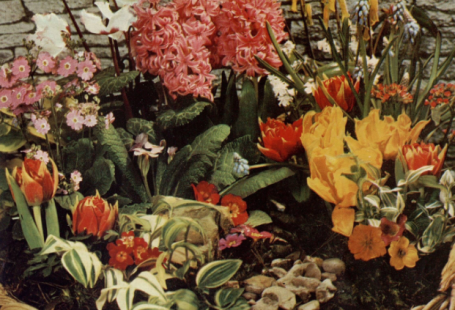
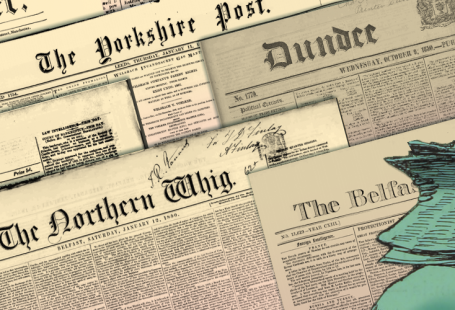
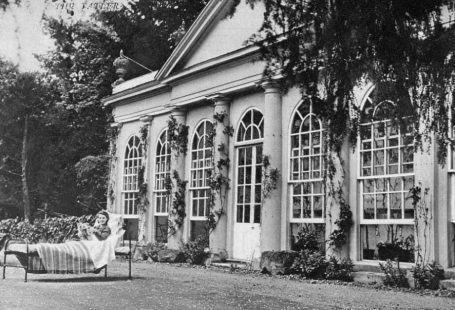
2 comments On Hot Off The Press – New Titles This Week
I cannot believe,given you are based in Dundee, that you have not updated Dundee Courier & Evening Telegraph,People’s Journal or Sunday Post beyond the early 1950s.My interest and I’m sure the interest of many is in football and would not hesitate to renew my subscription if your coverage of those newspapers was more up to date.Regards,Tom Cairns.
Ireland was struggling to leave the British Empire? No, it was part of the United Kingdom, with full democratic representation & considerable power in Parliament. Rewriting history?